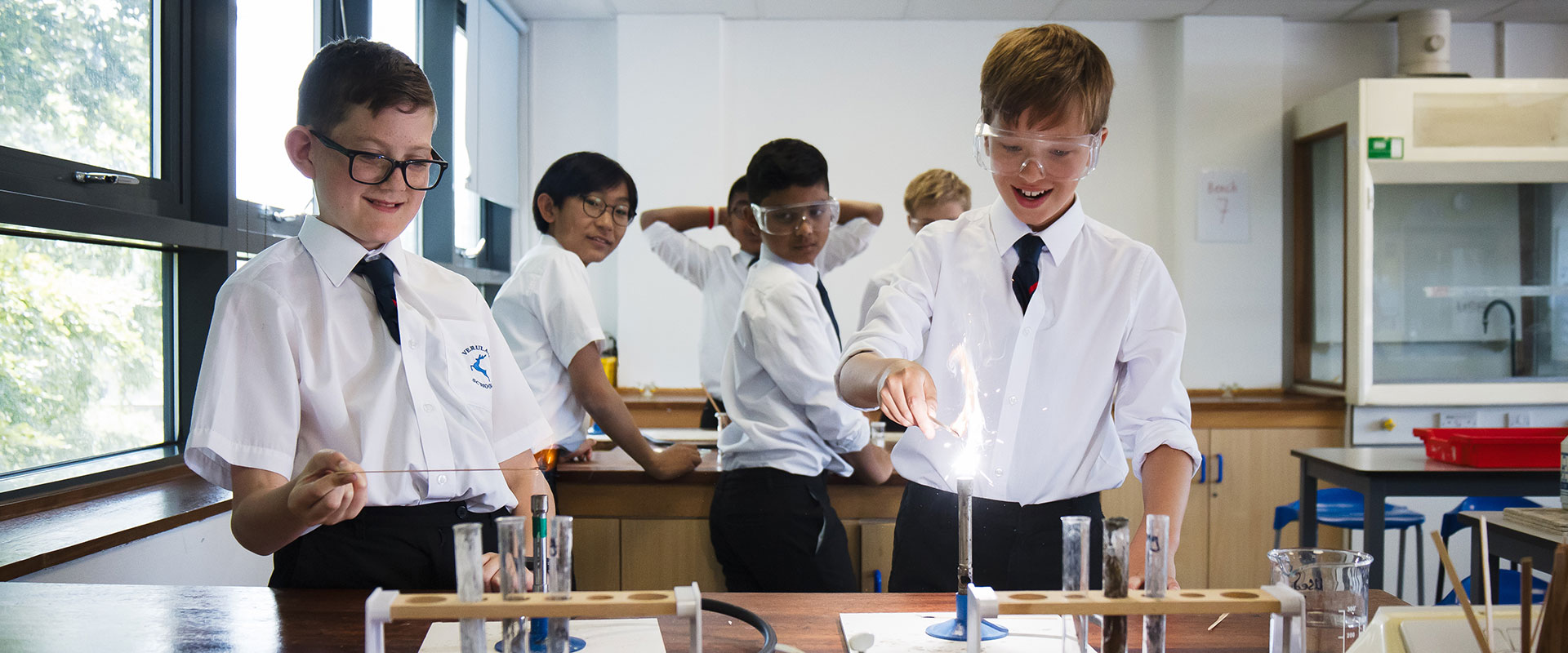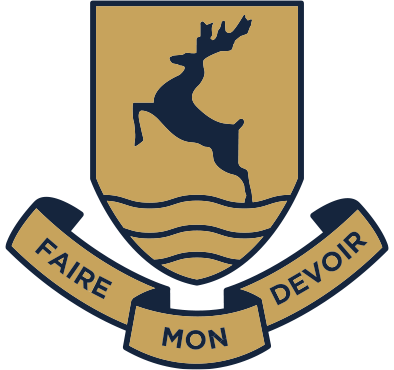Science
“Equipped with his five senses, man explores the universe around him and calls the adventure Science.”
Edwin Powell Hubble
At Verulam, the Science department is focused on developing our students as strong independent scientific thinkers. With this as our focus, students engage in a rich and ambitious curriculum that allows them to explore the Universe.
Through scientific investigations, our students develop their knowledge and understanding of the World and Universe. They are encouraged to read around Science and develop a curiosity of the scientific world as they move through KS3. During this time, they complete three years of study known at Verulam as Introduction to Science, Working with Science, and Fundamentals of Science. During this time, students are taught Science as a broad subject to enable links between Biology, Chemistry, and Physics to be explored thoroughly and develop their scientific literacy.
As our students, study in KS4 and KS5 they are reminded of the never ending reach of Science and our teaching team aims to provide our students with scientific knowledge and skills. We have excellent results at GCSE and A-Level with our subject continuing to grow taking students and turning them into scientific thinkers for the future.








